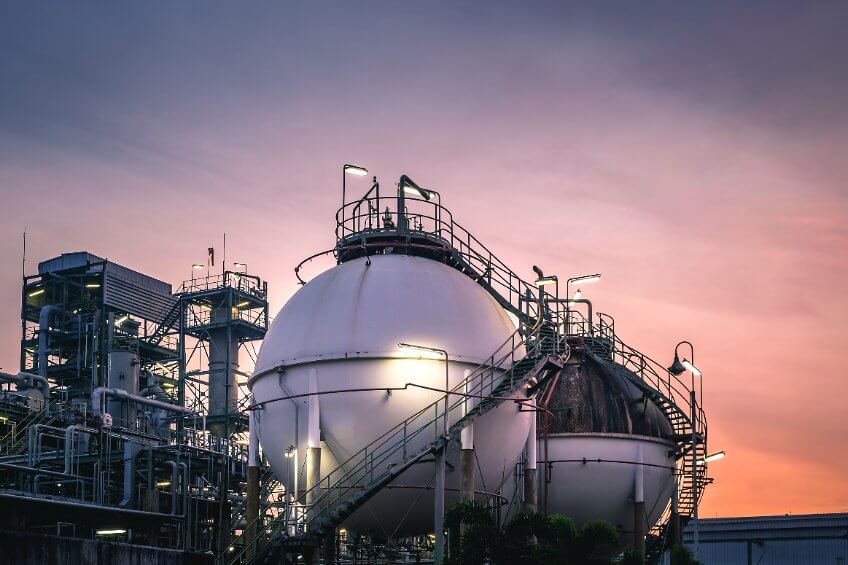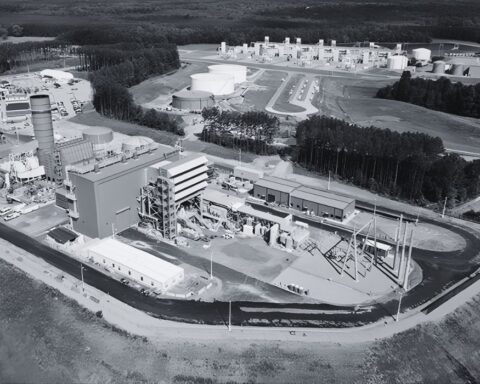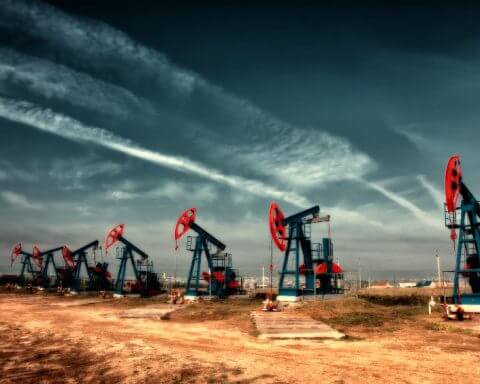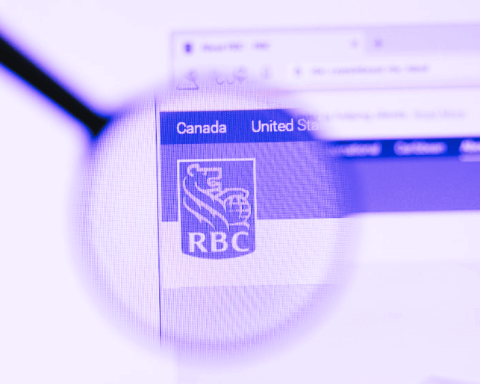Paul Burns is a retired municipal worker. Aislinn Clancy is a social worker in the school system. Melissa Rosato is a communications specialist working in environment and conservation. All are OMERS plan members.
As the burning of fossil fuels presents us with yet another summer of catastrophic impacts, the pressure is growing for institutional investors to either phase out their oil, gas and coal and pipeline assets or explain how they’re aligned with a safe retirement future for pension members like us. Are pension funds starting to hear beneficiary concerns and beginning to reduce their high-carbon exposure?
For our pension fund, Canada’s seventh largest, the answer appears to be yes. Ontario’s $121-billion pension fund for half a million municipal employees, OMERS, announced in July that it’s selling its stake in the largest gas-fired cogeneration plant in the United States. The sale marks the third time in the last year that OMERS has divested a major fossil fuel asset.
Since late 2021, OMERS has announced it would sell its 25% stake in Scotia Gas Networks (SGN), the second-largest gas distribution network in the United Kingdom, as well as its 80% joint stake in GNL Quintero, Chile’s largest fossil gas import terminal. Meanwhile, regulatory filings show that OMERS has reduced its holdings in publicly traded fossil fuel companies by 3 million shares, or about 17%, since June 30, 2021.
As pension plan members, we’ve been asking OMERS to either demonstrate how its fossil fuel assets have credible decarbonization pathways or divest them. And OMERS might finally be listening.
The climate crisis is already costing lives and wreaking havoc around the world. Oil and gas companies and infrastructure don’t have a profitable financial future or a credible, science-based decarbonization pathway in a world that must rapidly phase out fossil fuels. Continuing such investments increases the risk of asset stranding, locks in carbon pollution and heightens the risk of catastrophic global heating outcomes.
The long-term investment calculus for fossil fuel assets has changed as the cost of renewables plummets, governments and companies commit to net-zero emissions and countries become increasingly aware that a reliance on fossil fuels is a threat to energy security. At least four Canadian pension funds own stakes in assets that transport gas from Russia, and all must be nervously eyeing the changing risk and return calculation as the war in Ukraine continues. In OMERS’s case, portfolio company NET4GAS was downgraded by Fitch based on the threat (now realized) of Russia restricting its flow of gas, along with Europe’s determination to reduce its reliance on said gas.
Are pension funds starting to hear beneficiary concerns and beginning to reduce their high-carbon exposure?
Fossil fuel assets are at increasing risk of becoming stranded in a world getting serious about climate action. To limit global heating to 1.5°C, 40% of developed reserves of fossil fuels must stay in the ground, and some fossil fuel assets need to be retired early. A company with unextractable oil and gas reserves, or the infrastructure built to transport them, can’t generate the long-term returns on which a pension fund relies, and it may need to be sold at a loss when markets realize that their products are incompatible with a stable climate.
Financial regulators in Canada and elsewhere warn that the fossil-fueled climate crisis threatens the stability of the global economy and financial system. There is no safe place for our pensions to invest our savings if the climate crisis spirals out of control.
OMERS is no doubt aware of the growing calls for fossil fuel phase-out from its members and employers. Beneficiaries and labour stakeholders have written to the fund requesting that it account for its fossil fuel investments. Municipalities including Toronto, Kingston and Brampton have passed motions urging the fund to phase out fossil fuels.
We’ve felt some optimism about OMERS’s significant investments in energy storage, battery efficiency and renewable energy platforms. We welcomed OMERS’s commitment to net-zero emissions across its portfolio by 2050, but that is just a first step. Without OMERS committing to align its portfolio with a safe climate, we’re left wondering about what kind of future we’ll face in retirement. OMERS needs to strengthen its short- and mid-term climate commitments, restrict any new investment in fossil fuels and set a deadline by which it will phase out investments without a credible decarbonization pathway.
Putting our pension savings and our planet on the road to climate safety requires immediate action to halve greenhouse gas emissions this decade. We don’t see how oil, gas and pipelines fit into a plan to do that… and we’re glad OMERS is starting to see that, too.







